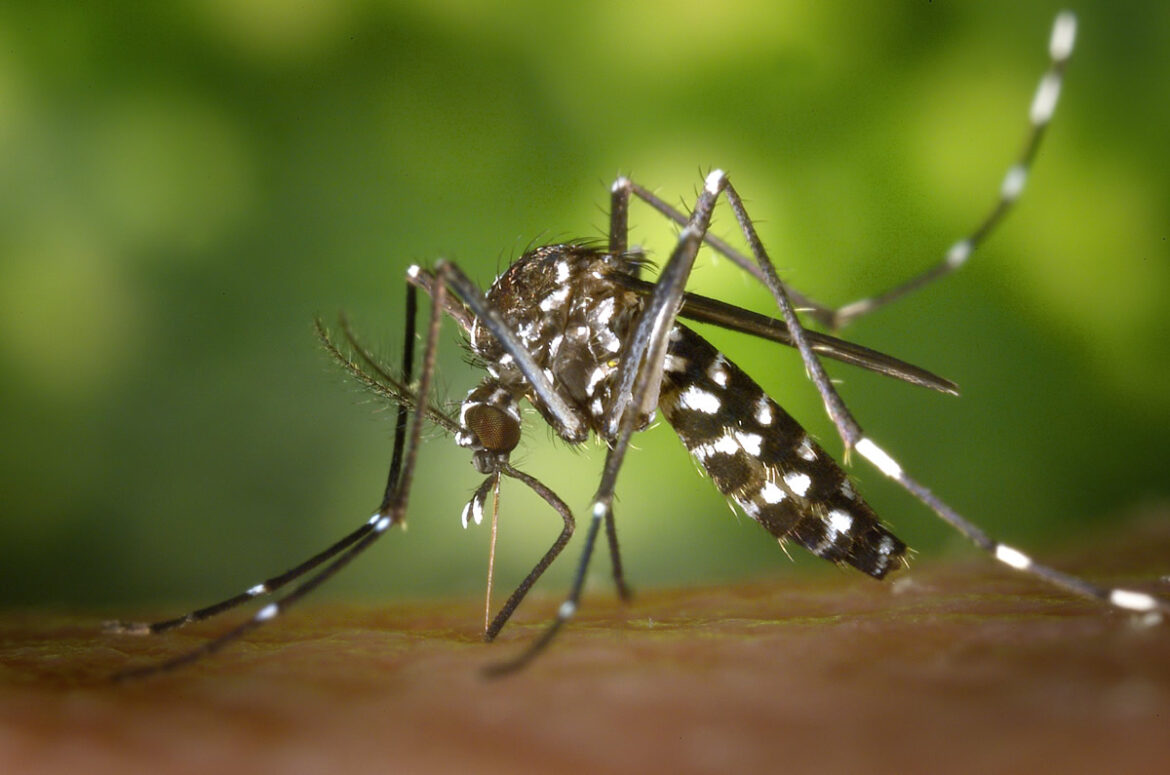While the majority of travellers to Africa make a healthy and safe trip and come back fine, some risks still prevail. And this is true to all visitors, regardless of their point of origin or destination in Africa.
Some of the health risks may include road traffic and other accidents, diseases transmitted by insects or ticks, diseases transmitted by contaminated food and water, sexually transmitted infections or health issues related to the heat or cold.
When planning your safari vacation to Africa, it is likely that your primary focus is trained on the excitement of encountering majestic creatures in their natural habitat. It is however, that aside, it is also crucial to prioritize your health and well-being during your African safari.
In this guide, we will explore essential tips and precautions to ensure you stay healthy while enjoying the wonders of the African wilderness.
“Perhaps travel cannot prevent bigotry, but by demonstrating that all peoples cry, laugh, eat, worry, and die, it can introduce the idea that if we try and understand each other, we may even become friends.”Maya Angelou
TRAVEL SAFE. STAY HEALTHY. ON SAFARI

IMPORTANT TIP
When you travel abroad, you may be exposed to infectious diseases like yellow fever, hepatitis B that the routine immunisation schedule doesn’t provide protection against.
It is for this reason that you might need to get appropriate travel vaccinations to stay protected during your entire trip.
Consult With a Travel Health Specialist
Before embarking on your African safari, it is vital to schedule a visit with a travel health specialist or your primary healthcare provider. They can provide valuable advice on vaccinations, medications, and precautions specific to the regions you plan to visit. It is important to discuss your travel itinerary, medical history, and any pre-existing conditions to receive personalized guidance and recommendations.
Check on Immunizations and Vaccinations Required
Ensuring your immunizations are up to date is crucial when traveling to Africa. Common vaccinations include those for hepatitis A and B, typhoid fever, tetanus, diphtheria, and pertussis (Tdap), measles-mumps-rubella (MMR), and polio. Depending on the country and region you plan to visit, additional vaccinations such as yellow fever, meningitis, and rabies may be required. Make sure to receive these vaccinations well in advance as some may require multiple doses or take time to become effective.
Malaria Prevention
Malaria is a prevalent disease in many African countries, and protecting yourself against mosquito bites is essential. Consult with your healthcare provider to determine the appropriate antimalarial medication based on your destination and medical history. Additionally, pack and use mosquito repellents containing DEET, wear long-sleeved clothing, and sleep under insecticide-treated bed nets to minimize the risk of mosquito bites.
Food and Water Hygiene
Maintaining proper hygiene and consuming safe food and water are essential to prevent gastrointestinal illnesses. Stick to bottled water or use water purification tablets when tap water is not safe for drinking. Avoid consuming raw or undercooked foods, unpeeled fruits, and street vendor meals that may not have been prepared in hygienic conditions. Opt for cooked meals, fruits that can be peeled, and pasteurized dairy products.
Protect Your Skin and Eyes from the Sun
Africa is known for its abundant sunshine, and protecting yourself from harmful UV rays is crucial. Carry and regularly apply sunscreen with a high SPF rating, wear wide-brimmed hats, sunglasses, and lightweight, long-sleeved clothing to shield your skin from direct sunlight. Stay hydrated by drinking plenty of water and seek shade during the hottest parts of the day to prevent heatstroke or dehydration.
Safety from Bugs and other insects
Apart from malaria prevention, it is important to protect yourself from other insect-borne diseases such as dengue fever and Zika virus. Use insect repellents, wear long-sleeved clothing, and consider staying in accommodations with screened windows or air conditioning. Additionally, consider using mosquito nets when necessary, especially in areas where mosquito-borne diseases are prevalent.
Safety from Dangerous Wildlife
When observing wildlife in their natural habitats, it is crucial to prioritize safety and respect for both the animals and yourself. Maintain a safe distance and follow the instructions of experienced guides or rangers. Avoid sudden movements, loud noises, or any behavior that may provoke or distress the animals. Always listen to the guidance provided during briefings to ensure your safety and the well-being of the wildlife.
General Hygiene and Sanitation on Safari
Maintaining good hygiene practices is essential during your African safari. Carry hand sanitizer or wet wipes to clean your hands when soap and water are not readily available. Practice regular handwashing, especially before meals and after using restrooms. Pack personal toiletries and medications to ensure you have access to necessary supplies throughout your journey
Importance of Travel Insurance
Obtaining comprehensive travel insurance is highly recommended when embarking on an African safari. Ensure that your policy covers medical emergencies, evacuation, and trip cancellations. Familiarize yourself with the terms and conditions of your policy to avoid any unexpected expenses or complications during your safari.
Conclusion
Embarking on an African safari is an incredible adventure that offers a unique opportunity to connect with nature and experience wildlife like never before. By prioritizing your health and following these essential tips, you can ensure a safe and enjoyable journey. Remember to consult with a travel health specialist, stay up to date with immunizations, take necessary precautions against malaria, practice safe food and water habits, protect yourself from the sun and insects, and maintain good hygiene throughout your trip. By doing so, you can fully immerse yourself in the wonders of Africa’s wildlife while staying healthy and safe.

